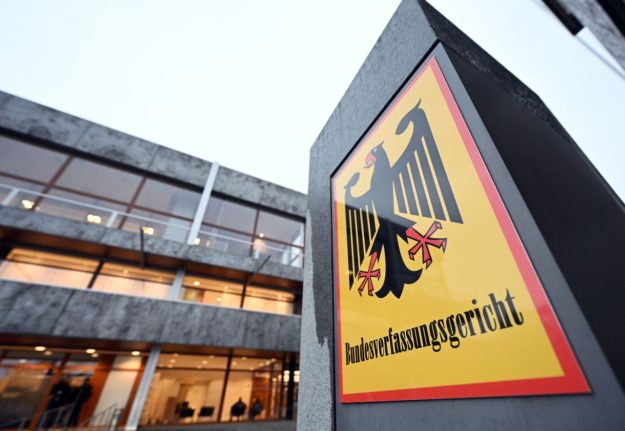“Today in Greece democracy won,” Podemos leader Pablo Iglesias, a close ally of Greek Prime Minister Alexis Tsipras, posted on his Twitter page.
Hoy en Grecia ha ganado la democracia pic.twitter.com/MpBMRIyfTZ
— Pablo Iglesias (@Pablo_Iglesias_) July 5, 2015
Another senior Podemos member, Rafael Mayoral, who was in Greece for the referendum, added: “Joy is in air at Syriza headquarters.”
Spain's conservative Prime Minister Mariano Rajoy – who had urged Greeks to accept the bailout proposals – called for an emergency meeting of the country's economic affairs committee on Monday.
Vice president Soraya Saenz, Economy Minister Luis de Guindos and Finance Minister Cristobal Montoro will be among those attending the crisis talks on the Greek vote.
The conservative government has nervously been eyeing the Greek debt saga, warning that a replay of Syriza's policies could derail the Spanish economy's recovery from the worst downturn in its democratic history.
Spain grew by 1.4 percent last year, its first full year of growth since a property bubble burst in 2008, putting millions of people out of work.
But its jobless rate was stuck at 23.78 percent in the first quarter, the highest rate in the eurozone after Greece's which stood at 25.6 percent in March.
With less than six months to go before a general election at the end of the year, Rajoy's ruling Popular Party is also under pressure from Podemos and the main opposition Socialist Party in opinion polls.
Madrid's new leftist mayor Manuela Carmena, who swept to power last month on an anti-austerity platform backed by Podemos, posted on her Twitter account as the Greek votes came in: “Nobody who believes in democracy can contest the result of a referendum. Let's govern by listening.”



 Please whitelist us to continue reading.
Please whitelist us to continue reading.
Member comments